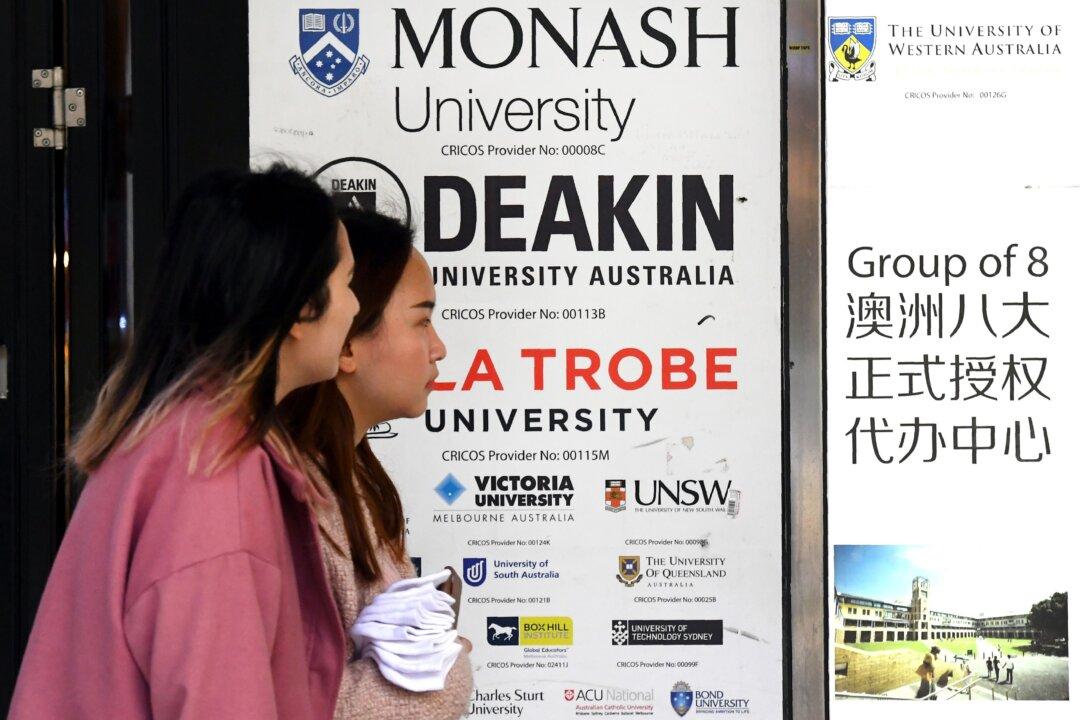Leading Australian universities have distorted their business models in the pursuit of higher rankings on a China-developed ranking system that is skewered heavily towards research and Nobel Prize winners.
According to Salvatore Babones (pdf), an associate professor at the University of Sydney, domestic students are losing out as university administrators focus on enrolling “world-leading” international student numbers to fund and expand their research departments.





